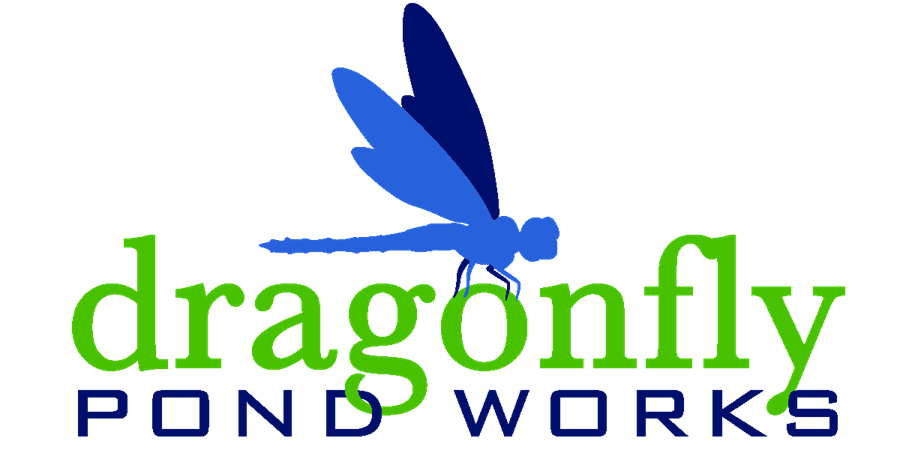Natural Mosquito Control for Stormwater Devices
Are dragonflies providing natural mosquito control in your stormwater systems?
Summer is just around the corner, and mosquito season will be here before we know it. Stormwater ponds are often implicated as a source of mosquitos, but this may not hold true in all cases. Studies have shown that stormwater control measures (SCM’s) actually provide quality habitat for beneficial insects like dragonflies to live and thrive among our increasingly urbanized landscape. Dragonflies are known predators of mosquitos, and can be an important source of biological mosquito control. In this edition of Ask the Experts, we discuss the importance of dragonflies as a biological mosquito control in stormwater systems.
My board says their stormwater pond is causing a mosquito problem in the community. Can you help?
In our earliest days as a company, we observed that dragonflies were most abundant at healthy, well-balanced stormwater ponds and wetlands having a natural but maintained appearance. We believe that a well-maintained SCM will have a diverse population of invertebrates and other aquatic life for which mosquitos and mosquito larvae serve as a food source. If your pond is being maintained as a well-balanced aquatic system, chances are your pond is not your main source of mosquitos. Before treating your SCM’s with mosquito control insecticides, we advise you to inspect the community for other likely sources including:
Standing water in flower pots or bird baths
Unmaintained rain barrels or cisterns
Yard debris such as buckets, toys, or discarded containers where pooling water persists
Unmaintained or shady yard areas that remain wet for extended periods
Outdoor faucets that leak
Do dragonflies really eat mosquitos?
Dragonflies are known to be important predators of mosquitos, both as larvae and as winged adults, consuming hundreds of mosquitoes each day. The town of Scarborough, Maine, for example, sells and distributes dragonfly nymphs to residents. They are released throughout the community to help provide natural mosquito control. In their larval stage, which can last up to two years, dragonflies live under water and eat mosquito and other insect larvae. Adult dragonflies catch their prey in the air and studies have shown that they have a 90-95% success rate. This makes them one of the most successful hunters on Earth! As expert flyers, they can fly straight up and down, hover like a helicopter, and even mate mid-air.
Healthy aquatic plants, such as this Pickerel Weed, attract dragonflies.
How can we promote dragonflies in our stormwater ponds?
A well-maintained system is a great first step. Encouraging beneficial aquatic plants along the shoreline is also a great way to attract dragonflies. Aquatic plants play an important role in a dragonfly’s life cycle. They provide nymphs with a hiding place and a structure for them to climb out of the water on when they are ready to transition into adulthood. They provide adult dragonflies a place to hide from predators and a place to perch when hunting. Our aquatic plant specialists can recommend the right plants to keep your system healthy and to attract dragonflies. In the past, we stocked dragonflies in ponds as part of our service. Unfortunately, supplies have been limited in recent years, but this is something we hope to start doing again in the future.
Maintained and Balanced Systems to Minimize Mosquitos
Keeping your SCM properly maintained is the key to health and balance. Dragonfly’s stormwater maintenance team provides customized plans based on the unique needs of your ecosystem. We will treat unwanted and nuisance vegetation while establishing and maintaining healthy aquatic plant buffers. Additional specialized recommendations, such as aeration to prevent stagnant water, will also help minimize mosquito populations. All of our efforts are designed to maximize the health and function of your system which will also attract our beloved dragonflies. Contact us today to start your customized plan.
Learn More
Are improper mowing practices putting you at risk for compliance violations and safety hazards? Our experts explain some of the specialized mowing needs of SCM’s and the importance of working with a specialized vendor.
Subscribe to our newsletter to receive informative and engaging news delivered right to your inbox.
Find us on Facebook, Twitter, Instagram, and LinkedIn for news, events, and more!
Dragonfly Pond Works provides specialized stormwater maintenance, compliance repairs, shoreline erosion repair, and more in Raleigh, Durham, Charlotte, Wilmington, North Carolina, Myrtle Beach, Charleston, Columbia, South Carolina, Tampa, Sarasota, Naples, St. Petersburg, Fort Myers, Florida, and Atlanta, Athens, and Savannah, Georgia.


